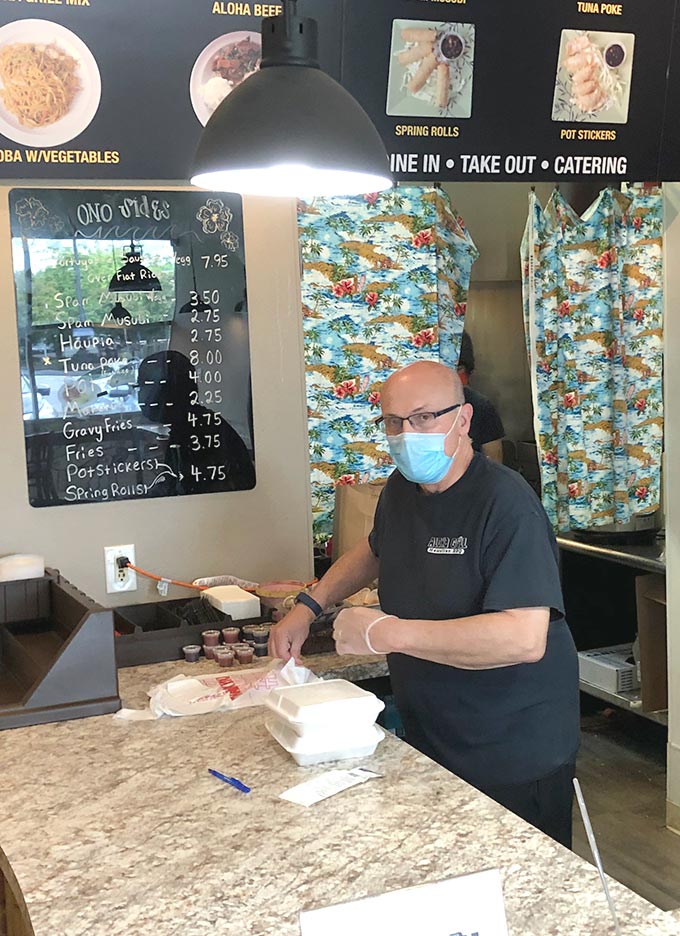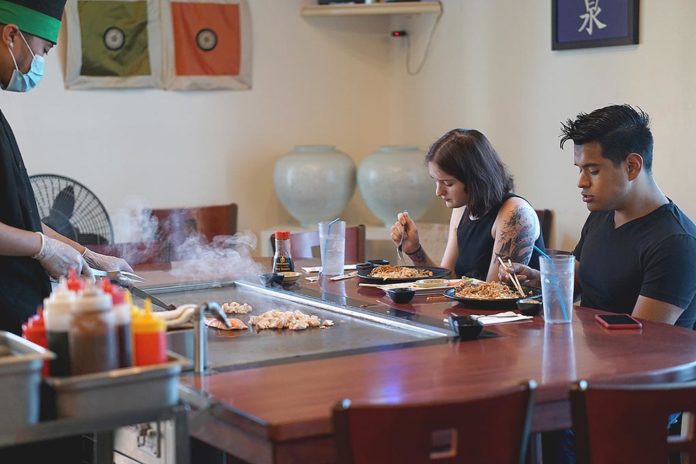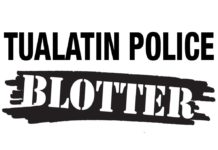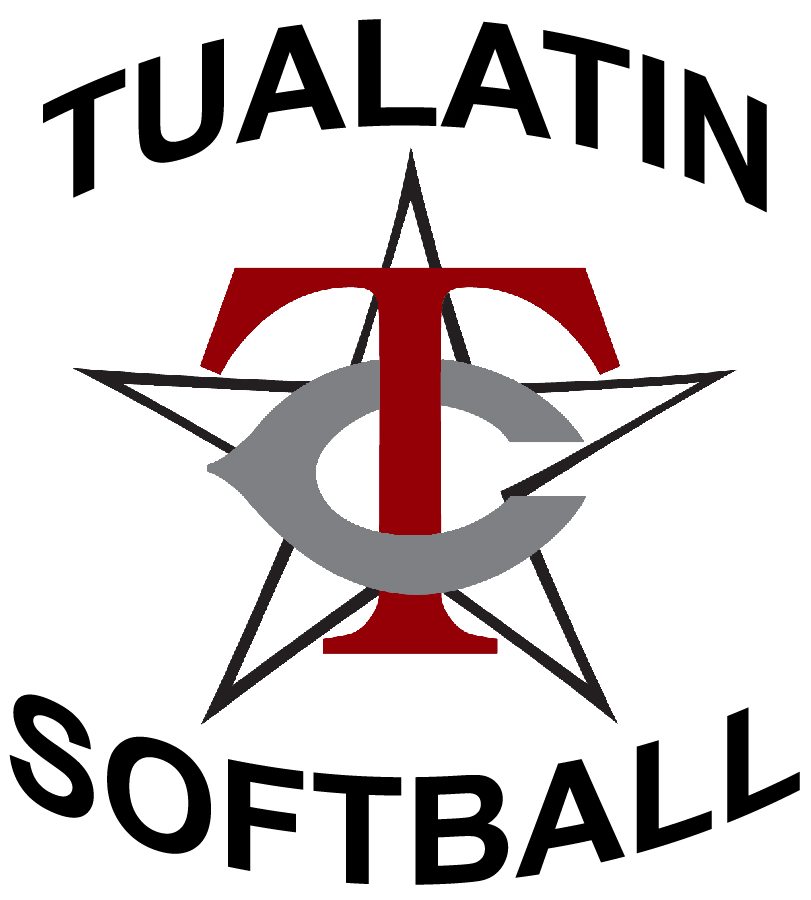Even in the best of times, finding success in the restaurant business can be a challenge. In the face of a global pandemic – which has prompted officials to temporarily close businesses and mandate social distancing – many restaurants have found it a struggle just to survive.
Tualatin, along with the rest of Washington County, entered Phase 1 reopening on June 1, allowing local restaurants to once again offer dine-in service for the first time since Gov. Kate Brown suspended it in March. Phase 1 regulations for restaurants include spacing tables at least six feet apart, limiting occupancy to maintain distancing and face coverings for employees, among others. As of June 24, customers were also required to wear facemasks when moving about inside buildings.
Linda Moholt, CEO of the Tualatin Chamber of Commerce, said that how well restaurants have been faring since June 1 has a lot to do with the type of establishment they are.
“It runs from, it’s working just fine to they’re not open,” she said of local eateries. “If you’ve normally done takeout, and that’s a big chunk of your business, that’s been very easy. For those restaurants that were primarily sit-down, it’s been extremely difficult because we’re still in Phase 1.”

The former is true for Aloha Grill, owner Dave Quinn said.
“We’re doing fine. We’ve rebounded to where we’re actually now doing more business than we did before the virus,” he said, adding that he has hired two new part-time employees. “I’m really happy about that. I know a lot of restaurants can’t say that. And I’m fortunate to say we’re doing well.”
The boost in business comes despite Quinn’s decision not to open Aloha Grill for dine-in service.
“Our restaurant just doesn’t set up well to keep that six feet of social distancing between people,” he said.
Before the pandemic, Quinn said, lunch business was split, about half dine-in and half to-go and dinner business was mostly takeout. Moving to takeout only “wasn’t too hard a transition,” he said.
At G-Man Brewery & Sports Bar, dine-in service is back. After being closed for a few weeks at the start of the pandemic, G-Man began offering to-go service, owner Gary Haberman said. But, he said, “The to-go business isn’t really our big forte.”
Now more than a month into Phase 1 dine-in service, Haberman said that business is about 70 to 75 percent of its pre-pandemic levels. The restaurant is taking many precautions to keep staff and customers safe, he said.
Tables are distanced. Video poker machines stay off until someone checks in to use one; once a player is done, the machine is sanitized and turned off until a new player arrives. Menus are cleaned after each use. Employees wear masks, and customers wear masks while walking around the restaurant. Sanitizer is placed throughout the facility. Outdoor seating is available.
“We’ve done all the things that the state has asked us to do,” Haberman said, adding that most of his customers follow the protocols without issue.
“The majority of the people do,” he said. “There’s always some people that don’t get it. They don’t want to wear a mask or they don’t want to do this or that. But most of the people like it … they can see that you’re trying to be clean.”
That sentiment is echoed by members of the Tualatin Life Facebook community: “Very organized and distanced seating,” one commenter said of a recent experience at G-Man. “Outdoor seating and servers wore masks,” said another.
As restaurants and other businesses struggle to remain viable during these difficult times, community support has been crucial.
“A lot of people have said that during the virus they’re really trying to make sure to support the local restaurants and things,” Aloha Grill’s Quinn said.
As for support from the city, Tualatin in March established a $250,000 economic stabilization fund that provided grants to 54 small businesses in the city, including some restaurants.
Allen Song of Izumi Steakhouse told Tualatin Today, a city-produced publication, that he used an economic stabilization grant to purchase sanitizer, gloves and masks, among other things. Kevin Wilson of Nón Lá Vietnamese Cuisine told Tualatin Today that he used his grant from the city to help cover payroll and overhead as the restaurant operated at a 40 percent reduction in business.
Moholt said she is “exceptionally impressed” with the city’s efforts to support businesses, adding that, “Jonathan Taylor, our economic development manager, was very proactive from the beginning.”
After setting up the economic stabilization fund, Taylor spearheaded the effort to secure county funding for business recovery centers, where businesses can get free one-on-one assistance and resources. The centers are operating out of chambers of commerce in Tualatin, Beaverton and Hillsboro, as well as Adelante Mujeres in Forest Grove. Businesses do not need to be chamber members to use the recovery centers.
“I think the city and the county have collaboratively helped the chamber do what chambers do so well,” Moholt said of the business recovery centers.
For more on the business recovery centers, go to www.businessrecoverycenters.org.



















